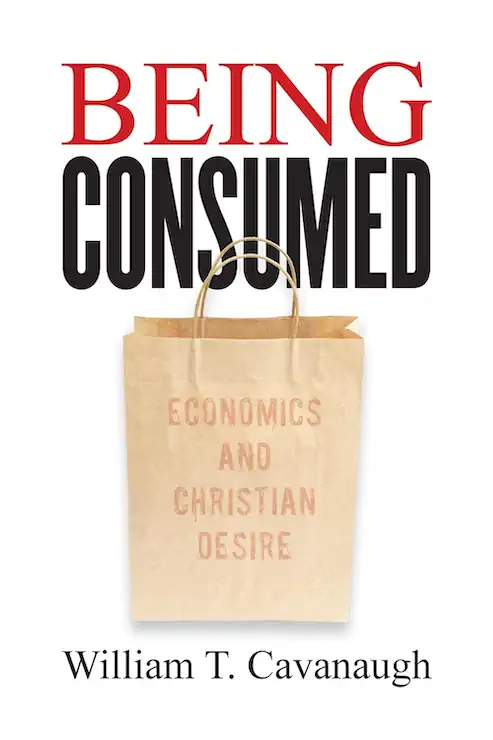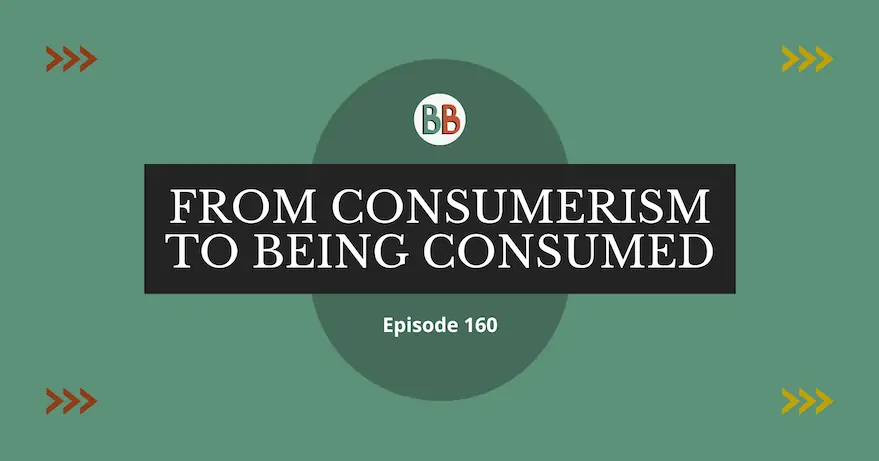

Join us at the Bible Bistro as we explore the intersection of Christianity and consumer culture through the lens of William Cavanaugh’s book, “Being Consumed.” In this episode, we discuss the ethical challenges of living in a consumer-driven society and the significance of the Eucharist, or the Lord’s Supper. Drawing from Paul’s first letter to the Corinthians, we examine how the Eucharist serves as an act of thanksgiving and communion, binding us together as a faith community.
Listen in as we reflect on the transition from a labor-based acquisition of goods to a consumer culture where money mediates our needs and desires. We touch on the disconnection between production and consumption, the abundance of goods, and its link to materialism and addiction. Through our conversation, we challenge the false dichotomy between the material and the spiritual, considering the phenomenon of hoarding and the proliferation of storage units as indicators of excess consumerism.
Finally, we explore the isolating effects of online shopping and the nostalgic connection to physical activities as a counter to modern consumerism. Referencing Augustine and C.S. Lewis, we discuss the concept of a God-shaped hole and how addiction stems from attempting to fill this void. Reflecting on Philippians 4, we emphasize Paul’s teachings on contentment and true fulfillment through a relationship with God. Our conversation culminates in a discussion on the communal aspect of communion, urging us to honor our interconnectedness as the body of Christ and to find unity in our shared faith and purpose.
(00:11) Bible Bistro
Christian theologian Cavanaugh challenges consumer culture, emphasizing the multifaceted meaning of the Eucharist in community and thanksgiving.
(11:44) Consumption in Consumer Culture
Transition from labor-based acquisition to consumer culture, disconnection from production, materialism and addiction, spiritual significance of material usage, hoarding and excess possessions.
(17:48) Effects of Consumer Isolation
Shopping addiction in the digital age leads to isolation, fragmented media consumption, and impacts cultural references and communication.
(25:56) Filling the God-Shaped Void With Consumerism
Nature’s role in countering consumerism and finding true fulfillment through contentment and a relationship with God.
(41:25) Consumed by the Body of Christ
Communion unites the body of Christ and should not be reduced to personal transactions, emphasizing our interconnectedness as a faith community.
(56:21) Communion as Participation in Christ
Reconciliation, resilient disciples, prayer, and community in the Lord’s Supper shift focus from self to Christ.
